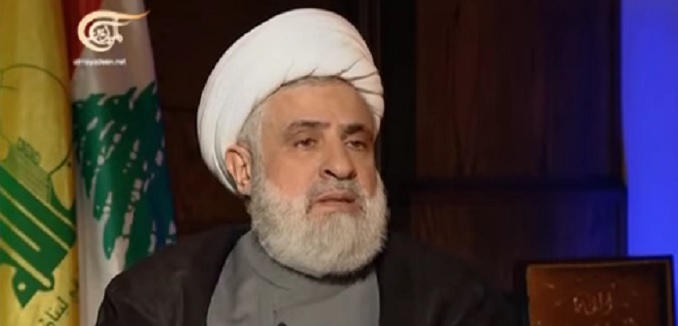NOW Media reported Thursday that the Lebanese parliament had failed for the fifth time in a row to successfully elect a president, after Hezbollah-linked parliamentary blocs again boycotted the relevant session and prevented a quorum from forming.
The months-long crisis – which has seen the Iran-backed terror group leverage its political power to consistently stymie efforts aimed at achieving political stability – has been blasted by top Lebanese lawmakers, including Lebanese President Michael Suleiman, for undermining objective Lebanese interests. It has also deepened criticism of foreign policy analysts who had suggested that Hezbollah was an indigenous Lebanese organization seeking to preserve Lebanon’s sovereignty, to the point where some observers have approached borderline ridicule of the idea.
Tony Badran, a research fellow at the Foundation for Defense of Democracies (FDD), on Thursday unpacked a range of ongoing dynamics under the headline “Hezbollah’s foreign origins::
But in a special interview with Al-Mayadeen TV last Friday on the occasion of the upcoming “Liberation Day,” Hezbollah’s second in command, Naim Qassem, while generally sticking to the script, offered details that undermine the conventional narrative about the group’s genesis and Iran’s role in it. “The founding of Hezbollah was tied to the Israeli invasion,” Qassem told Al-Mayadeen. “But the invasion was not the reason it was formed.” With this statement, Qassem not only undercut a narrative dutifully promulgated by journalists and academics for years, but also he contradicted his own boss, Hezbollah’s Secretary General Hassan Nasrallah.
Lebanon’s so-called March 14 camp has become increasingly vocal in declaring that Hezbollah’s fighting in Syria is being done at Iran’s behest and to the detriment of Lebanese interests, and even Lebanese Shiite clerics have called on the group to extricate itself from Syria.
[Photo: Al Mayadeen Programs / YouTube]




